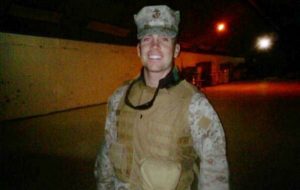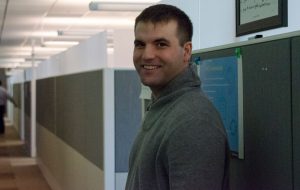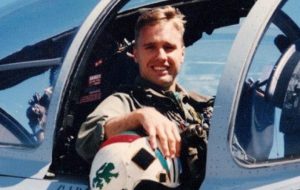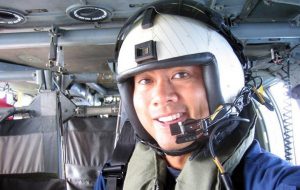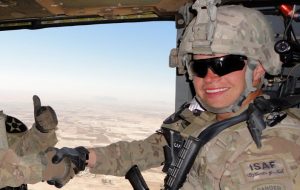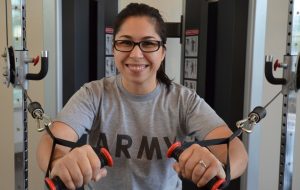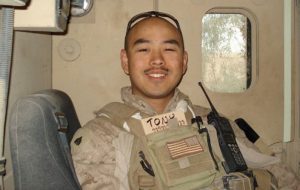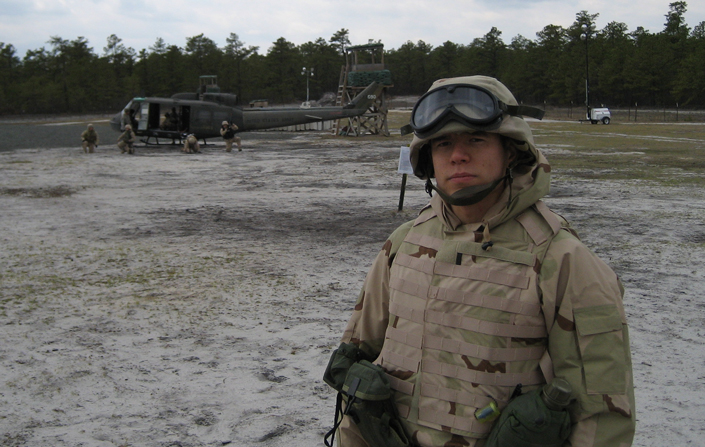How training, hiring veterans builds a stronger workforce
By Chris Cortez, vice president of Military Affairs at Microsoft Corp.

While we honor veterans for their past service, we look to their future. And today we want to highlight some veterans here at Microsoft — through the words of their managers — and their contributions to our culture.
My 33 years in the Marine Corps proved to me that service members have skills that are second to none in terms of leadership, teamwork, discipline, problem-solving and work ethic, among others. These traits are exactly what Microsoft needs, and what the U.S. private sector needs, to fill a growing demand for IT skills.
That’s why we started Microsoft Software & Systems Academy (MSSA), which prepares service members for new achievements as they transition to civilian life — and meaningful careers in the tech industry.
Three years ago we launched MSSA with one cohort at Joint Base Lewis-McChord. We’ve gained momentum and are projecting to expand to serve nine regions and 14 bases in the coming years. Our three newest locations, at Fort Benning, Georgia; Fort Campbell, Kentucky; and Fort Bragg, North Carolina, welcomed their first cohorts last month.
The success of our 382 graduates (and counting) at high-paying, in-demand jobs — here or with one of our nearly 160 industry partners supporting MSSA — proves why we think this is a great path to a civilian career.
I believe America and the tech industry have a responsibility to our veterans, and at Microsoft we’re dedicated to doing our part. That commitment extends from the many employees who volunteer their time mentoring MSSA participants to the hiring managers who recognize their abilities, and all the way to the leader of our Human Resources team.
One of our strong allies is Kathleen Hogan, executive vice president of Human Resources. She champions MSSA because she sees the connection between this program and the company’s broader strategy for enhancing diversity — which grows each time we hire from this pool of exceptional talent.
“Service members offer incredible talent and experience to our company and the tech industry. Beyond their job skills, their diverse backgrounds are bringing energy and unique perspectives into our company,” Hogan says. “They’re helping to fuel our creativity and transform our culture.”
A more diverse work culture is just one way Microsoft supports the military community. Direct grants are another. Recently the Microsoft Philanthropies team gave the USO a grant to upgrade and support its servers in the cloud. With the Microsoft Azure deployment, the USO will be better equipped to deliver programs and services to service members and their families worldwide. In addition to moving its servers to Azure, the USO is looking to build a mobile app that will foster engagement between service members and the USO so they benefit fully from USO offerings.
We also support the work of Team Red, White and Blue, an organization committed to helping veterans connect with their local communities through physical and social activities, such as the Old Glory Relay, a coast-to-coast relay that ended today in Tampa, Florida.
Finally, let’s close our Veterans Day celebration with a look at 10 living reasons why companies like ours need veterans — through the words of the managers of 10 outstanding employees who joined us from the military, and who contribute something special to our mission every day.

